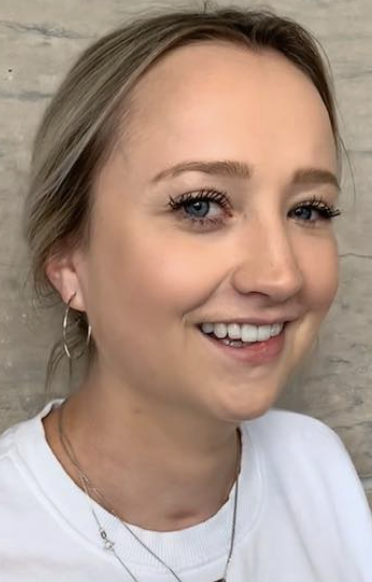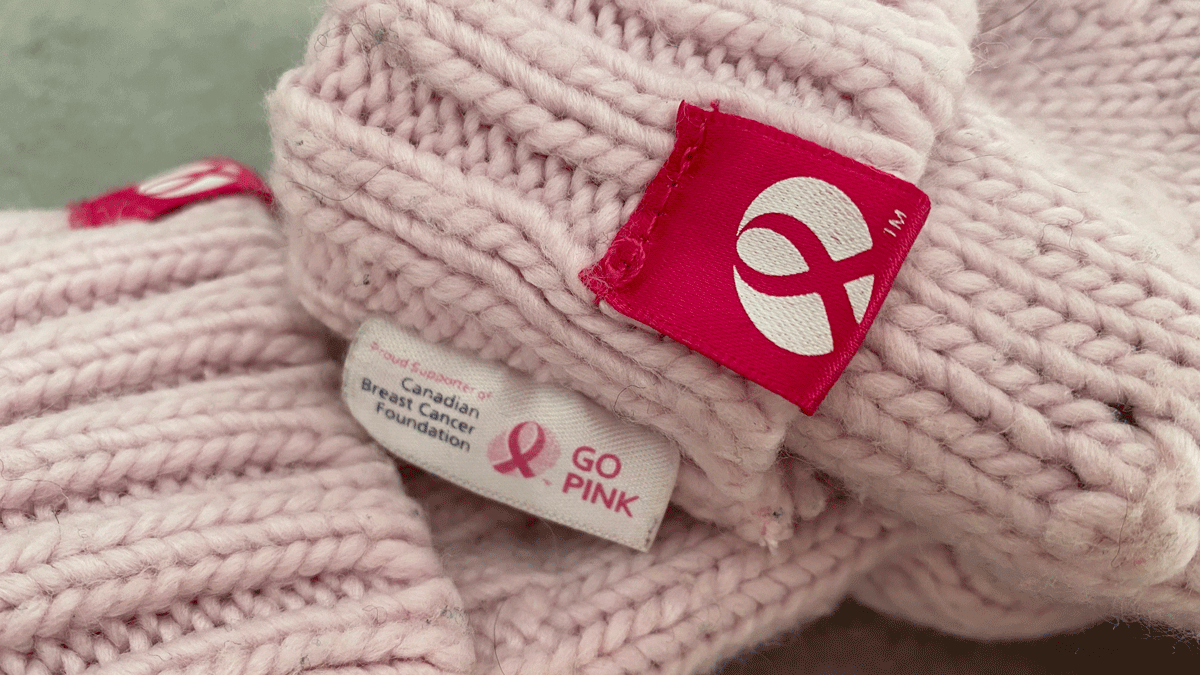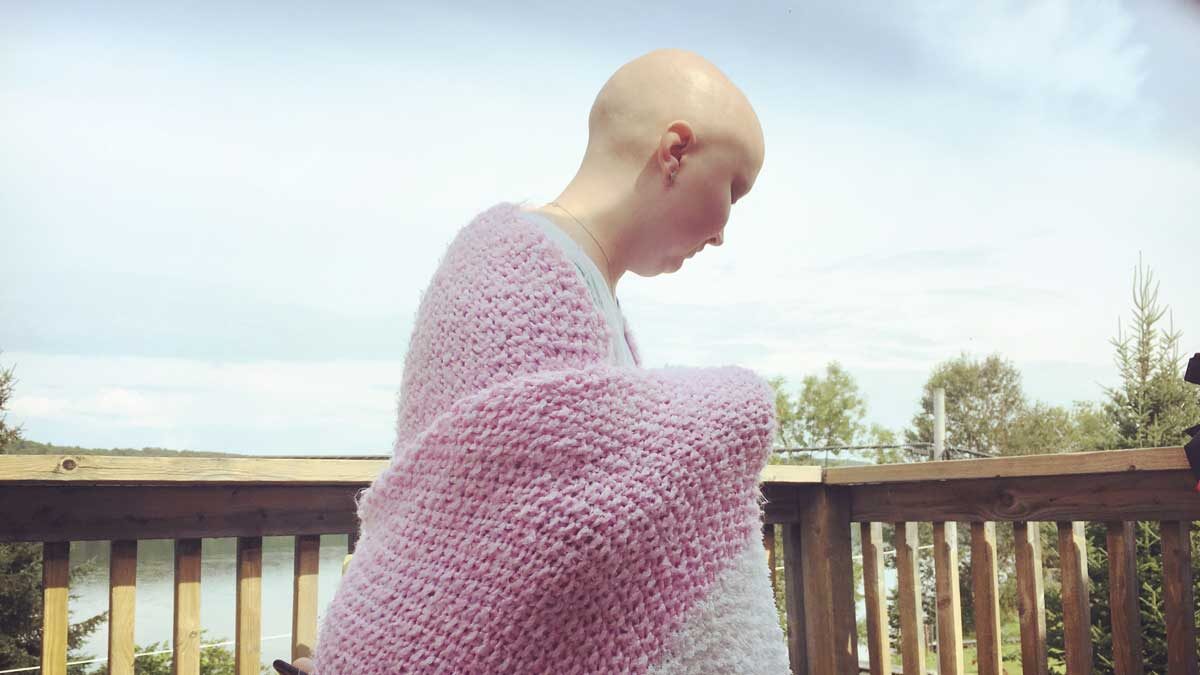Dear Consumer:
A friend of mine purchased a pink nightgown a couple of weeks ago that had a cute little pink breast cancer ribbon on it. She happily packaged it up and said she thought of me when she came across the nightgown.
“It said part of the proceeds were going to breast cancer and it made me think of you,” she added.
You’re probably asking yourself why my friend thought of me when she spotted the cute little pink cancer ribbon on the tag of a nightgown. You guessed it, I’ve had cancer. Plus, I have a rare genetic condition, known as Li-Fraumani (LFS), that makes me 97-per-cent likely to develop seven primary cancers, one of them being — you probably guessed it again — breast cancer.
I underwent a prophylactic mastectomy in January 2019. Although breast cancer has an extremely high diagnosis rate among Canadian women, it’s one of the only cancers that can truly be prevented by removing the breasts.

I smiled and thanked my friend for her kind gesture, but had this boiling feeling inside. Like a kettle about to whistle.
That cute little pink ribbon can be found on countless products, from flowers to chocolates to household products. It floats around everywhere and sometimes I feel like I can’t escape it.
Does the little pink ribbon truly have a positive impact when it comes to promoting cancer awareness, or is it simply being exploited to promote countless companies’ marketing interests and bottom lines?
Do we know what it really means when a product states that “a percentage of the sale” will be donated to help battle breast cancer? Do we know where the money is actually going? Or who it’s helping?
The simple answer is: NO. The pink ribbon that appears on products and services is not regulated. There is no body or organization ensuring companies are held accountable. The promises they make may very well be empty.
The strange part is that a lot of the companies that participate in the pink ribbon initiative are selling carcinogenic products. In short, carcinogens are substances that are linked to causing cancer, but please don’t panic when you read the list. They don’t under all circumstances cause cancer. But they are toxic and should be avoided to lower associated health risks, cancer being one of them.
The pink ribbon that appears on products and services is not regulated. There is no body or organization ensuring companies are held accountable. The promises they make may very well be empty words.
So some of the very products that claim to be promoting breast cancer awareness, or funding efforts to “Help stop breast cancer,” are linked to the disease.
Being a cancer survivor makes you realize that cancer is awful, life-changing, but also a huge marketing opportunity.
The little pink ribbon has its place: to raise awareness regarding the signs of breast cancer, to highlight the impacts it has for those diagnosed with the disease and to remind women to book their preventive mammograms.

As far as funding goes, if you truly want to make a difference in the breast cancer world, consider donating money to reputable organizations, your local breast cancer hospital ward or community-based initiatives that support women undergoing breast cancer treatment.
The next time you see the cute little pink ribbon on a package of chocolate chip cookies or all purpose cleaner, remember: it doesn’t mean the company is truly supporting breast cancer initiatives.
Sincerely,
A Young Cancer Patient.




